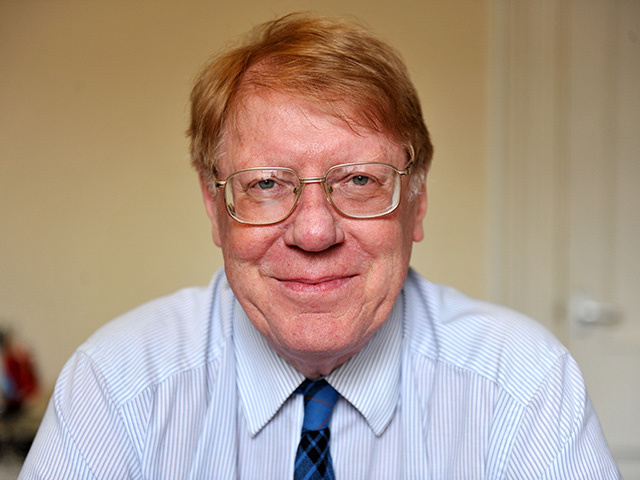
A few years ago I did a study on oil prices for Christine Lagarde, then the French finance minister and now the head of the International Monetary Fund (IMF). She believed that financial speculators had forced up the world price of oil.
The study, financed by the European Commission (EC), involved a detailed examination of crude oil and downstream product prices in about ten EU countries. It concluded that the speculators had an impact but that it was relatively small and much less important than the basics of supply and demand. Opec, for example, can have much more influence through adjustments in supply, notably in Saudi Arabia.
I believe Ms Lagarde and others accepted those conclusions. So I was surprised when, last month, the European Commission announced an investigation into alleged price rigging in the oil industry, with raids on BP, Shell, Statoil and Platts the price information business. Dick Winchester covers this issue in more detail in his column.
Without prejudging the outcome of the latest investigation, I suspect that the sums involved only amount to a few pence on the price of a litre of petrol or cents per barrel of crude. Nevertheless, that could amount to a lot of money for the beneficiaries.
The oil industry is regarded as highly competitive, on both a worldwide basis and in most developed countries such as the UK. The gas industry is less so, partly because pipeline infrastructure can create monopolies.
I am currently working on a study of progress in the EU on the implementation of recent EU Gas Directives intended to promote competition. One of the key objectives is unbundling or the separation of production, transmission and distribution.
The UK is often presented as the most competitive gas market in the EU but I have serious doubts about that. It used to be a monopoly but can now best be described as an oligopoly – a small group of businesses with common interests who often act together.
Both monopolies and oligopolies can exploit consumers – hence the need for regulation. Ofgem regulates the gas and electricity markets in the UK but not the oil industry.
However, Ofgem has long pursued a light touch regulation policy, comparable with that followed by the Bank of England and the financial regulators. We all know the consequences of the latter, as exemplified by the recent history of the Royal Bank of Scotland.
I believe that there has been much more price fixing or price manipulation in the gas industry than oil. One of the reasons for that is clearly the lack of action by Ofgem.
Another is the nature of gas contracts, many of which are long term and also oil indexed. The latter benefits producers such as Gazprom and Statoil.
Gas and oil used to be regarded as close substitutes but that is no longer the case, except for power generation in a few countries – but not the UK. Oil is now mainly a transport fuel and gas used for heating and electricity.
It seems inevitable to me that there will be increasing separation of oil and gas prices over the next few years. In the short run, however, there is clearly scope for market abuse.
In real terms, spot or short term gas prices are currently about half crude oil prices. The reasons for that difference include the growth of LNG trade and the impact of shale gas.
It could be concluded that world oil prices – currently over $100 per barrel – are much higher than they should be. However, markets seem to have accepted that because, despite the recessions in the EU, USA and elsewhere, most people in the industry, including me, believe that prices will remain at around the current level for the next few years.
Most gas trading in the UK takes place through the National Balancing Point (NBP), which is a virtual trading hub. The annual volume of financial trading is about ten times the annual gas consumption in the UK. I find that “churn level” very hard to understand.
Nevertheless, the traders and other financial institutions involved do it to make profits. Some of the trades are clearly logical – airlines hedging future oil prices, for example – but even as an energy economist I do not know why there are so many transactions. The head of the IMF is of the same opinion.
Tony Mackay is the MD of Mackay Consultants
Recommended for you
